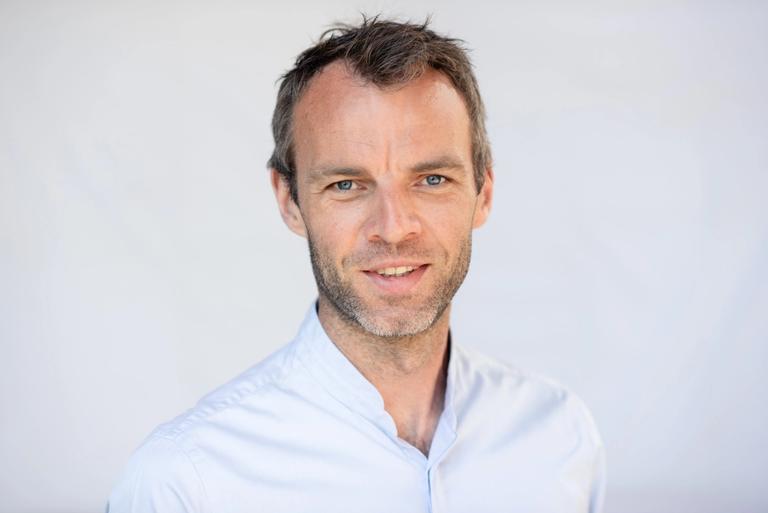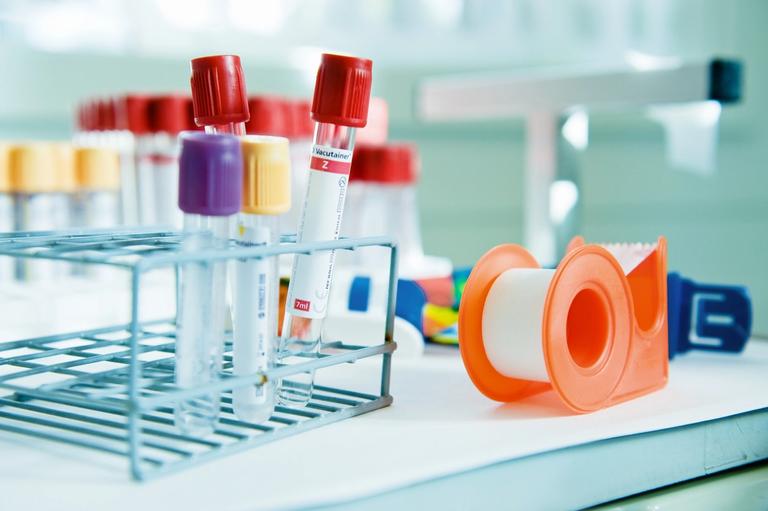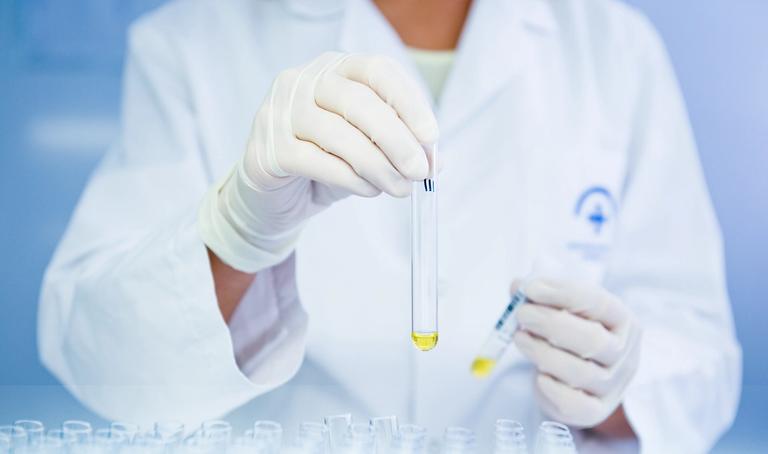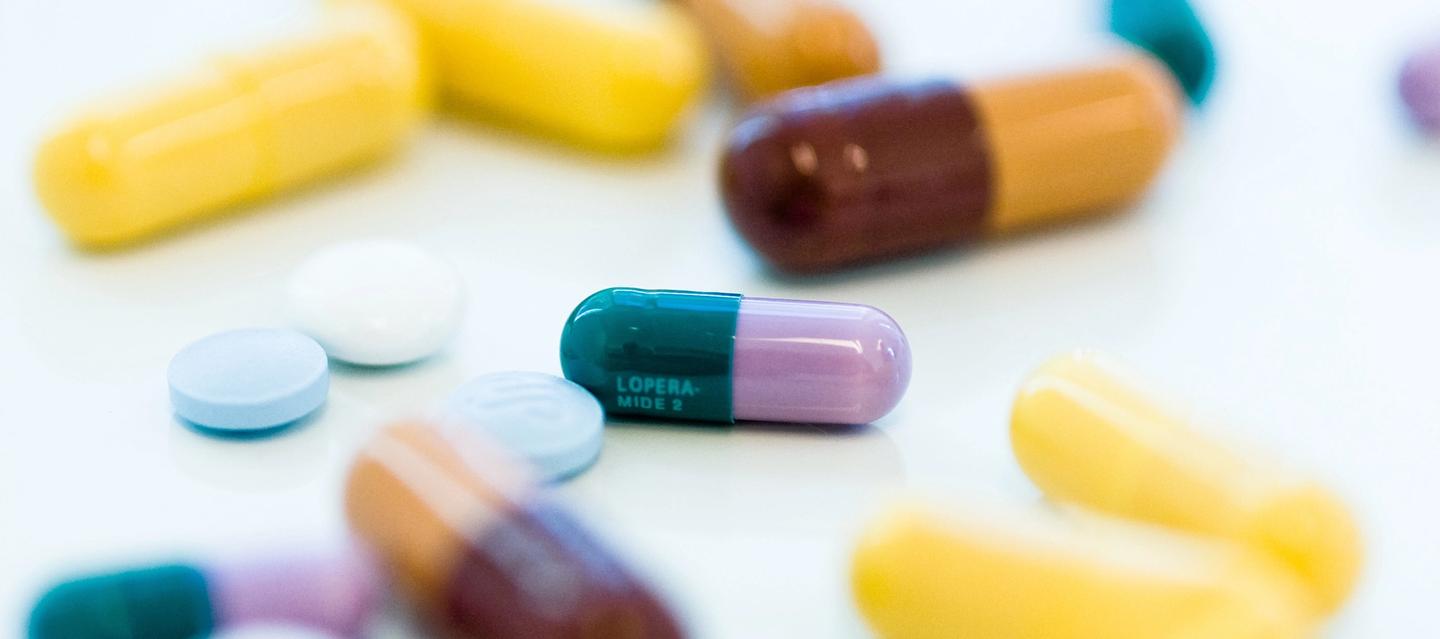In collaboration with Diakonhjemmet, Deepinsight has developed a machine learning model which customize medical doses to the patient’s unique genetic data.
- "One size fits all" doesn’t really apply to medical dosages, says Tore Haslemo, Head of the Center for Psychopharmacology at Diakonhjemmet hospital in Oslo.
The department researches the effect different gene variants and other patient factors have on drug dosage and effect. Recently, they received innovation funding to develop a tool that tests the hypotheses of the research, and that can predict medical dosages for individual patients within the psychiatry.
- We have extensive knowledge of genes and drug combinations, but we have lacked the expertise to develop models and test machine learning approaches. That’s why we entered into a collaboration with Deepinsight, says Haslemo.

Wants to Move Away from Standard Doses
In today's healthcare system, many patients are treated with standard doses. The process from receiving a prescription drug to adjusting it to the correct dose can take many months of trial and error. The question is not whether the standard doses are correct or not, but rather how the health service can adjust the doses individually from the first consultation.
Before starting the development of the prototype model, Deepinsight spent a lot of time researching and interviewing general physicians, clinic workers and researchers.
- It was important for us to find out how such a tool would fit into the everyday lives of doctors, explains Severin Sjømark, Chief Data Scientist at Deepinsight and project manager for the collaboration with Diakonhjemmet.
Although many researchers agree that standard doses are not ideal, and that genes determine how the body receives drugs, few doctors actually take genetic tests on patients. Knowledge of variants of liver enzymes can, among other things, tell a lot about how the liver breaks down drugs. The function of the enzymes is strongly linked to our genes.
- Good data quality is important. Genetic testing should therefore become standard practice so that the health service can get the most out of a decision support tool based on data, says Sjømark.
Success with Prototype Model
To find an effective solution based on data and machine learning, Deepinsight started by recreating existing research. Different data combinations were tested before an MVP (minimum viable product) was developed.
The model is based on data from patients who have used the SSRI antidepressant drug Cipralex and proves that medical dosing that takes into account genetic differences provides more accurate dosing. The prototype currently only exists on one local computer with strict safety requirements.
- If we succeed in making the model available to the world's doctors, the probability that the correct dose and medicine will be prescribed at the first consultation will increase. This will result in the healthcare system saving money, and will spare the patients from unnecessary side effects and lead to an increased benefit of the treatment for the patient, Haslemo from Diakonhjemmet explains.

- The challenge lies in creating a service that manages to assess the net effect of the patient's genes, drugs and other relevant factors for the dose requirement. Some factors can nullify others, other factors can potentiate each other, says Haslemo.
Improves Efficiency in Health Care
Deepinsight and Diakonhjemmet are now ready for phase two of the project. In the time ahead, the work of mapping which techniques are the most accurate, effective and scalable will commence. In addition, it is essential to find a variant that takes all necessary considerations of privacy and security.
The most primitive solution is that the doctors themselves fill in information and variables about each individual patient. This will probably not be a realistic method because doctors do not have enough time on a busy day.
- That’s why the goal of phase two is to make the model available and automate as much as possible, says Haslemo.
Data collection will also be a big part of the work going forward. Large amounts of relevant data are currently distributed in various IT systems, often as a scanned test result or in a paper journal. There are several systems that need to be structured and several parties that need to work together in order for this to be achieved.
Collaboration with DIPS for Further Development
In order to make the model more accurate, it will now be expanded with other relevant data sources, such as organ function and blood test results, which are currently stored in electronic patient records.

- In addition to automating the decision of the right medical dosage, we hope to automate the process by adding new drugs and other variables over time, says Sjømark from Deepinsight.
The long-term goal is to create a comprehensive and automated system that can guide all drug prescriptions before starting the medication.
- Precision medicine is still a relatively unexplored field, and this project is the first of its kind in Norway.
Haslemo from Diakonhjemmet emphasizes that it is important to remember that the tool is a support and does not provide a conclusion. Our models do not explain all the variations between patients, but are a good step forward from current practice.
- It will still be the doctors who make the decision of drug and dosage, but our tool should be able to present a relevant decision basis quickly and easily, he concludes.



